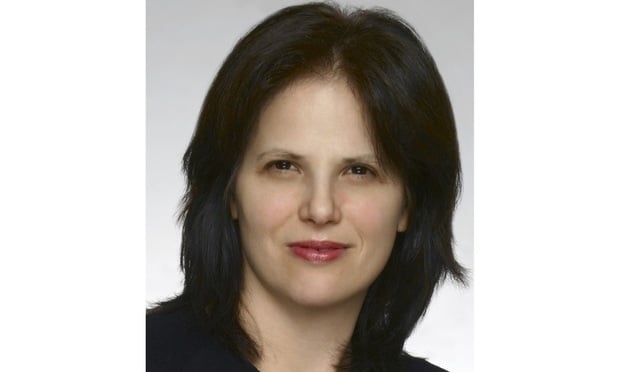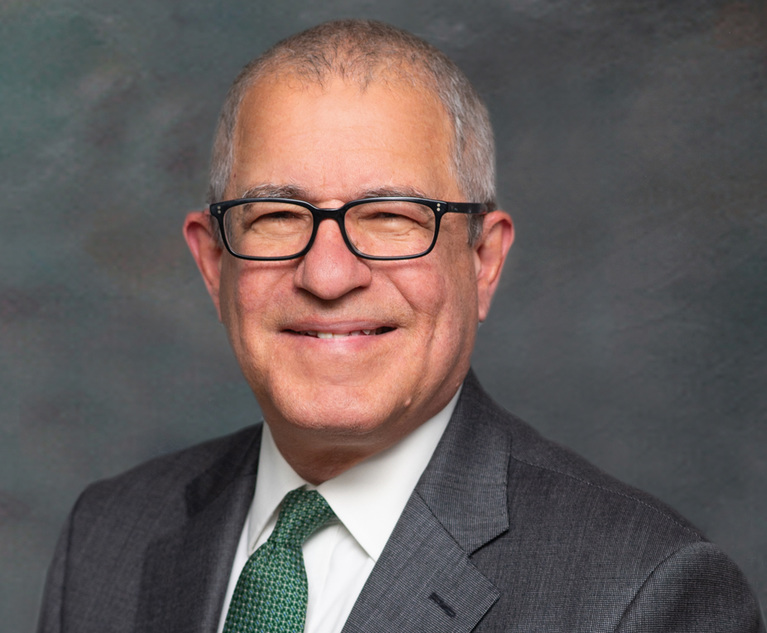Arbitration is under fire again. In the past few years, questions about its fairness focused on consumer and class actions. 2018 will be remembered as the year Jay-Z forced a media spotlight on the lack of diversity in Alternative Dispute Resolution (ADR). Jay-Z’s complaint drives home the fact that meaningful change on this front depends on clients and their lawyers—the ultimate selectors, the purchasers of arbitration services.
Increasing diversity in ADR has progressed incrementally—as constructive change generally does. As Supreme Court Justice Ruth Bader Ginsburg, who has broken many barriers for minorities, has stated, “real change, enduring change happens one step at a time.” Ginsburg has also noted that in keeping those steps going, “unconscious bias is one of the hardest things to get at.” Her favorite example is the symphony orchestra. Ginsburg recounts that when she was growing up, there were no women in orchestras (and likely no minority musicians either), yet after an experiment of blind auditions, women began to get jobs in the symphony orchestra.


 Linda Gerstel
Linda Gerstel




